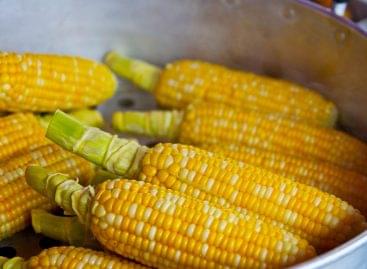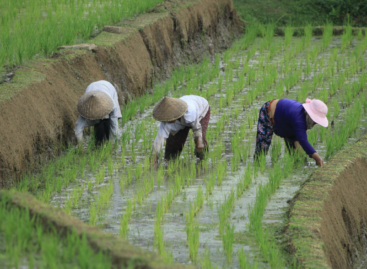The international food price index ended the year with a decrease
The international index of the price of food raw materials ended the year with a decrease, thanks mainly to sugar, reads the announcement of the Food and Agriculture Organization of the United Nations (FAO).

The FAO food price index – which tracks the monthly price changes of the most important food commodities in international trade – thus closed 1.5% lower compared to November and 10.1% compared to its value a year earlier.
Examining 2023, the experts measured a 13.7% lower annual average value – only the international market price of sugar rose.
The cereal price index has risen 1.5% since November, after wheat, corn, rice and barley all rose, partly due to logistical disruptions that hampered shipments from major exporting countries. During the year, the index fell by 15.4% compared to the 2022 average, reflecting the adequate supply of global markets. On the other hand, within cereals, the rice sub-index produced a jump of 21%, mainly due to concerns about the impact of the El Niño phenomenon, as well as export restrictions in India.
Meanwhile, the FAO price index for vegetable oils shrank by 1.4% for December due to depressed demand for palm, soybean, rapeseed and sunflower oil. In the case of soybeans, the slowing demand of the biodiesel sector and the favorable weather in Brazil’s main growing areas prevailed. Looking at the year as a whole, the index was 32.7% below its 2022 average.
Related news
Corn 2026: soil moisture and hybrid choice may decide the season
🎧 Hallgasd a cikket: Lejátszás Szünet Folytatás Leállítás Nyelv: Auto…
Read more >FAO food price index fell further in December
🎧 Hallgasd a cikket: Lejátszás Szünet Folytatás Leállítás Nyelv: Auto…
Read more >Related news
The Store of the Future opens again at the SIRHA Budapest exhibition! (Part 3)
🎧 Hallgasd a cikket: Lejátszás Szünet Folytatás Leállítás Nyelv: Auto…
Read more >








